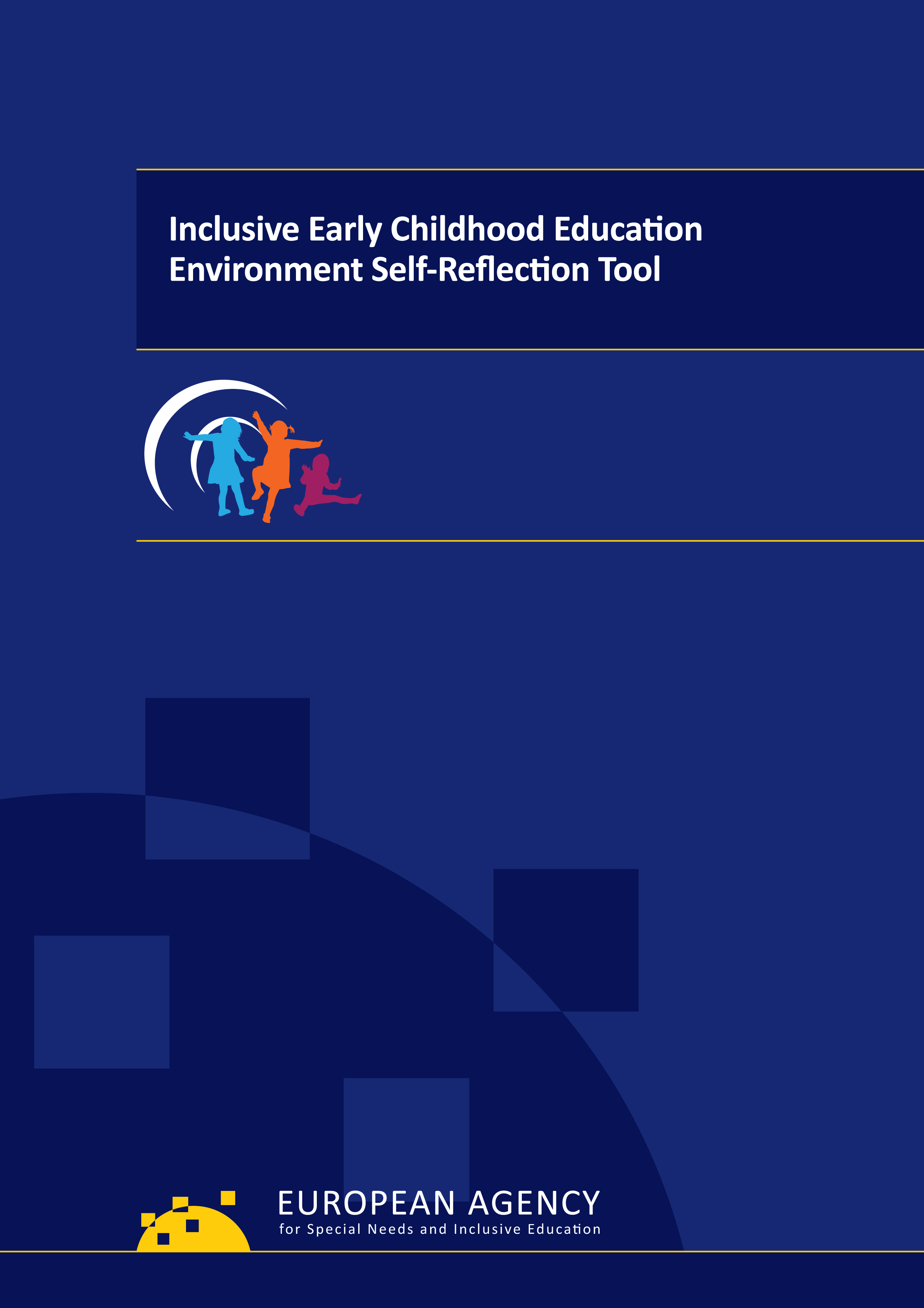Evidence shows that quality early childhood education (ECE) can significantly enhance the lifelong learning and future active citizenship of all children. This has made quality ECE provision a priority concern of policy-makers and international and European organisations such as the Organisation for Economic Co-operation and Development (OECD), United Nations Educational, Scientific and Cultural Organization (UNESCO), the United Nations Children’s Fund (UNICEF) and the European Commission. Thus, the Agency undertook a three-year project (2015–2017) to identify, analyse and subsequently promote the main characteristics of quality inclusive early childhood education (IECE) for all children from three years of age to the start of primary education.
This report first sets out the main policy and practice developments towards inclusive early childhood education, with particular reference to European policy issues. It then presents the project’s three new contributions towards improving quality inclusive early childhood education. These are:
- the rationale for and implications of adopting an inclusive vision and goals as the main standards of IECE policy and provision;
- the development and use by practitioners of a Self-Reflection Tool for improving IECE settings;
- adaptation of an Ecosystem Model for quality IECE.
Finally, the report gives an account of the lessons learned during the three-year project and the resulting recommendations.
For more information, visit the IECE project web area.
Download the report below in English.
